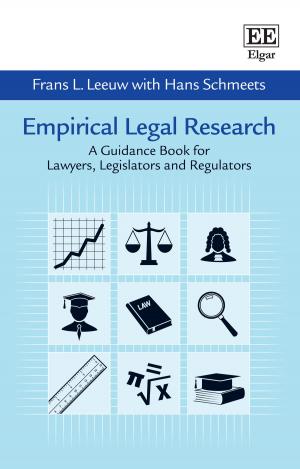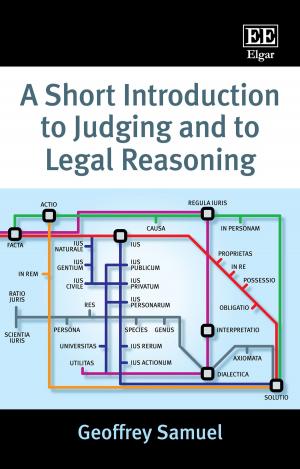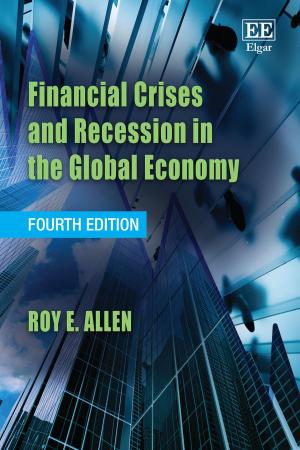Law's Regulatory Relevance?
Property, Power and Market Economies
Nonfiction, Reference & Language, Law, Constitutional| Author: | Mark Findlay | ISBN: | 9781785364532 |
| Publisher: | Edward Elgar Publishing | Publication: | September 29, 2017 |
| Imprint: | Language: | English |
| Author: | Mark Findlay |
| ISBN: | 9781785364532 |
| Publisher: | Edward Elgar Publishing |
| Publication: | September 29, 2017 |
| Imprint: | |
| Language: | English |
Law’s Regulatory Relevance? theorises how the law should reposition itself in order to help rather than hinder new pathways of market power, by confronting the dominant neo-liberal economic model that values property through scarcity. With in-depth analysis of empirical case studies, the author explores how law is returning to its communal utility in strengthening social ties, which will in turn restore property as social relations rather than market commodities. In a world of contested narratives about property, valuing law needs to ground its inherent regulatory relevance in the ordering of social change.
Law’s Regulatory Relevance? theorises how the law should reposition itself in order to help rather than hinder new pathways of market power, by confronting the dominant neo-liberal economic model that values property through scarcity. With in-depth analysis of empirical case studies, the author explores how law is returning to its communal utility in strengthening social ties, which will in turn restore property as social relations rather than market commodities. In a world of contested narratives about property, valuing law needs to ground its inherent regulatory relevance in the ordering of social change.















